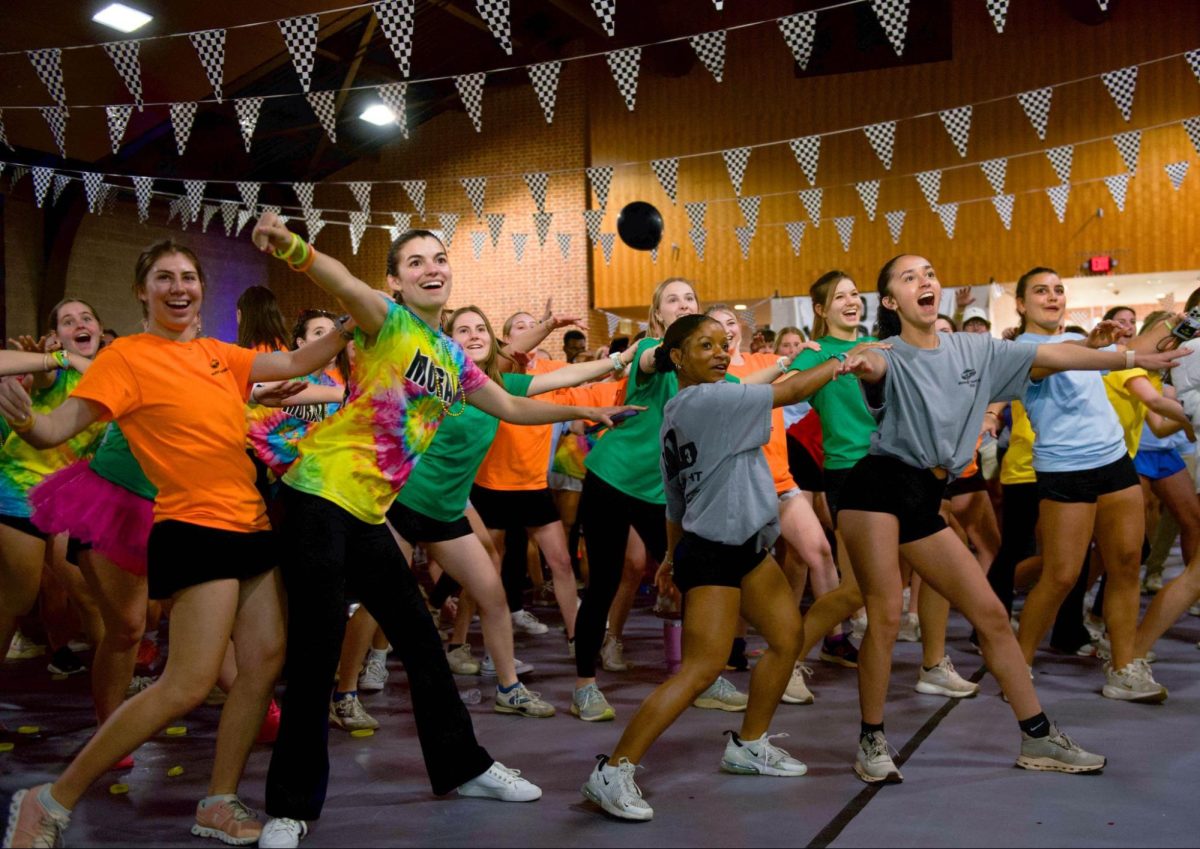What makes the voices of singers like Frank Sinatra and Dean Martin, Bing Crosby and Sammy Davis Jr., so enduring? Substitute any velvet-noter — Andy Williams, Burl Ives, Harry Connick Jr., the bilious Michael Bublé — but the sound coined by the Rat Pack (by coined I mean associated with) remains interesting and enigmatic. What exactly are the affective, associative vocal qualities that make their sound timeless?
I would argue the answer is aesthetic, specific to a kind of rich, bottomless texture intrinsic to their voices, seemingly able to transcend death, and hence, our pervasive, if subliminal, fear of it. Their time-stopping sound formulates from a kind of paradox: the individual’s ability to project a song seemingly passed down from a higher plane. It’s a beauty formed by an embodied abstraction, the inhuman voice trapped inside a fallible man, and this friction between the ethereal and the earthly heats into a transcendent human experience. Donna Tartt in The Goldfinch says between “‘reality’ on the one hand, and the point where the mind strikes reality, there’s a middle zone, a rainbow edge where beauty comes into being, where two different surfaces mingle and blur to provide what life does not: and this is the space where all art exists, and all magic.”
This is also where the immortal voice exists, as a clash of opposites dissolving the soul in a confluence of beauty. These men are vessels into which untraceable beauty flows, piped into the air from some reservoir deep within them. It seems at once a natural and inhuman sounding. They did not write most, if any, of their lyrics, but they knew of their possessions, their inscrutable gift that could be shared with the world. The voice, in these singers, meets the sub-verbal, entangling itself with the operatic background into a stereophony of intense human light. The sound is eternal because the men scrape the middle distance between imagination and reality, a scrape that creates the booming chorus of eternity encapsulated in the human voice. As a listener, it is almost a kind of mirage, a sound generated from a singular, identifiable man transmitting an inhuman substance through himself, undefinable but undeniably special. The aural transcends pleasure to become bliss, something above desire, inhaling the tiny lacunae of the soul, however briefly, and exhaling them with liquid life itself.
The Rat Pack’s collective reputation as romanticized drinkers and womanizers no doubt contributes to their mythological longevity as perfect vocalists. History loves to lavish praise upon flippant genius, and rarely does diligence or technical achievement lodge as prominently in cultural memory as those with a gift on call. This, along with the Rat Pack’s early investment in Las Vegas, then a geographical and conceptual novelty (now a seedy locus of sadness with halcyon overtones), added to the complexity of their image. Their voices are thought to have activated the arid stillness with a sonic dynamism, mimicking the stolid desert rock while subtly infusing it with a homegrown Vegas texture. In short, they helped the nascent debaucher’s haven reach a place of definition, which reciprocally helped augment their cultural staying power.
Now though, not only are the Rat Pack implacable Vegas icons, but seasonal linchpins, suffusing the holiday air, booming through warmly lit rooms and glittering cityscapes and adding their immemorial soundtrack to the yuletide air. Holiday seasons themselves exist in abstraction, a paradox between consumerist heaven and ineffably cozy communion. The entire period between Thanksgiving and New Year’s seems to come with a palette of soft, mahogany-finished joy that jells into an aspirational mode of reality, tidings that promise boundless clarity and settled lives.
Which is why the season is so cinematic, and why Sinatra and Co.’s voices are a mode of its demarcation. Their tonality exists in the realm of art, as a kind of distilled bliss. It’s the imagination brushing reality, the season’s residue creating magic and beauty. Through their ethereal swoon, our own banality is stripped away and we glimpse something living inside it, brought from voices simmering in the juices of the infinite, rising from them like a monolith transmitting slight radio waves from the great beyond. The disorientating voice delivers intermittent impressions of bliss, the dizzying heat of total loss. Yannick Haenel tells us, “a knife should be plunged into the matter of days, sparing only that which amazes us,” which is exactly what these incisive singers do every time we hear them: they cut away the layers of life, inciting a state offered in Haenel’s aphorism: vertigo.















